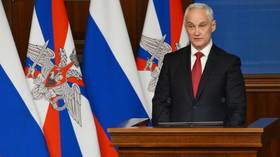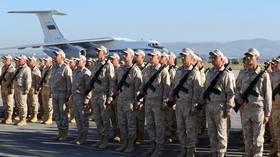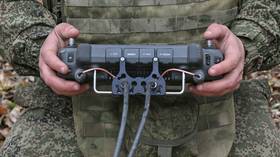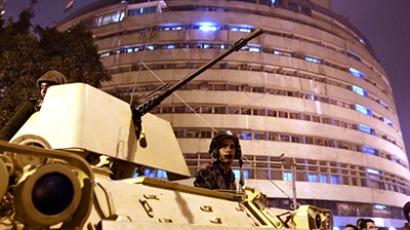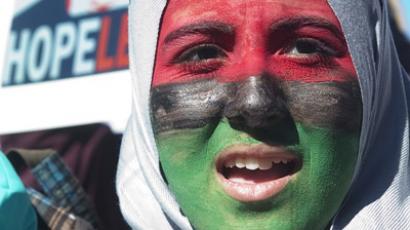Pulling strings of “democracy” in the East
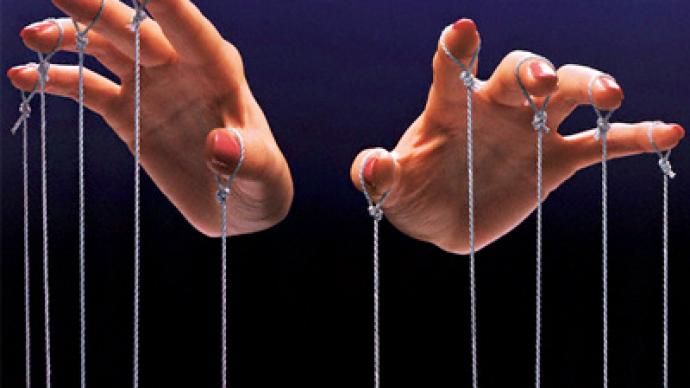
It was in Egypt and Tunisia where the regional unrest began as people overthrew their rulers. In some quarters, there is optimism of a new era of genuine democracy. However, that democracy, often trumpeted by foreign powers, is not always accepted.
Demonstrations for regime change across the Arab world have spread like wildfire. Dictators like Hosni Mubarak in Egypt have fallen, while in Libya, many believe the 41 years of rule by Muammar Gaddafi are nearing an end.Western powers have come out backing the protests demanding regime change, dramatically changing their colors in supporting the ousting of authoritarian rulers they had backed only weeks ago.As demonstrations sweep across the Arab world, Western governments are supporting the call for change. However, is it a call for change or is it actually a call for regimes they want in power?It is not the first time the West has shown an à-la-carte approach to democracy in the Arab world. Six years ago, elections in Gaza were hailed internationally as a massive milestone for the Middle East.“Representatives from the West, renowned political figures and organizations who attended the election and monitored it, confirmed its authenticity to the world,” a Gaza voter Ahmed Youns told RT.But when the results were in – that authenticity was ignored.“The general understanding here is that the West in general, they support democracy as long as it is good for them. And if it is not good for them or it may threaten their interests – they will not support it,” says Ziad Abu Zayyad, a political writer and analyst.And the West most certainly did not support the new Hamas government.Despite being voted in by more than 60 per cent of Gazans, Western powers labeled Hamas a terrorist organization.“There are not really many instances of genuine democracy in the West. They appeal for democracy, but when people make a democratic choice like choosing Hamas, they refuse to help. A Western democracy is false democracy, a democracy of double standards for the benefit of Europe,” Hamas leader Mustafa al-Sawaf said.Which is why, as soon as Hamas was voted in, Western governments got busy with trying to boot it out through boycott and sanctions. Which raises the question: why support free elections in the first place, while not always supporting their outcome?“I believe the West is in constant need for regimes that go along with its policies. Such regimes should serve the West, be its protégés or elected by their own people,” Mustafa al-Sawaf continued.“I believe that the Americans don’t really know how to handle the situation. Their relationship with Gaddafi was equivocal. There were times when they opposed him and bombarded him and there were times when they supported him when he gave them oil,” says Uri Avnery, a journalist, peace activist and former member of Israeli Knesset.But now he is no longer of use, and like dictators elsewhere who at the start of the year were in favor in the West, he has been ditched.The hopes in the Arab world for change under Obama appear to be dwindling among some political figures at least.“Under President Bush there was a lot of criticism. After the advent of President Obama, there was a lot of ‘welcome to the new America under Mr. Obama.’ I would have hoped that the administration under President Obama would have done better,” an Egyptian presidential candidate Amr Moussa told RT.The protestors across the Arab world hoping to topple dictators in the quest for democracy may find that their choice may not be as free as they had hoped for, with a meddling hand from afar still pulling the strings.


